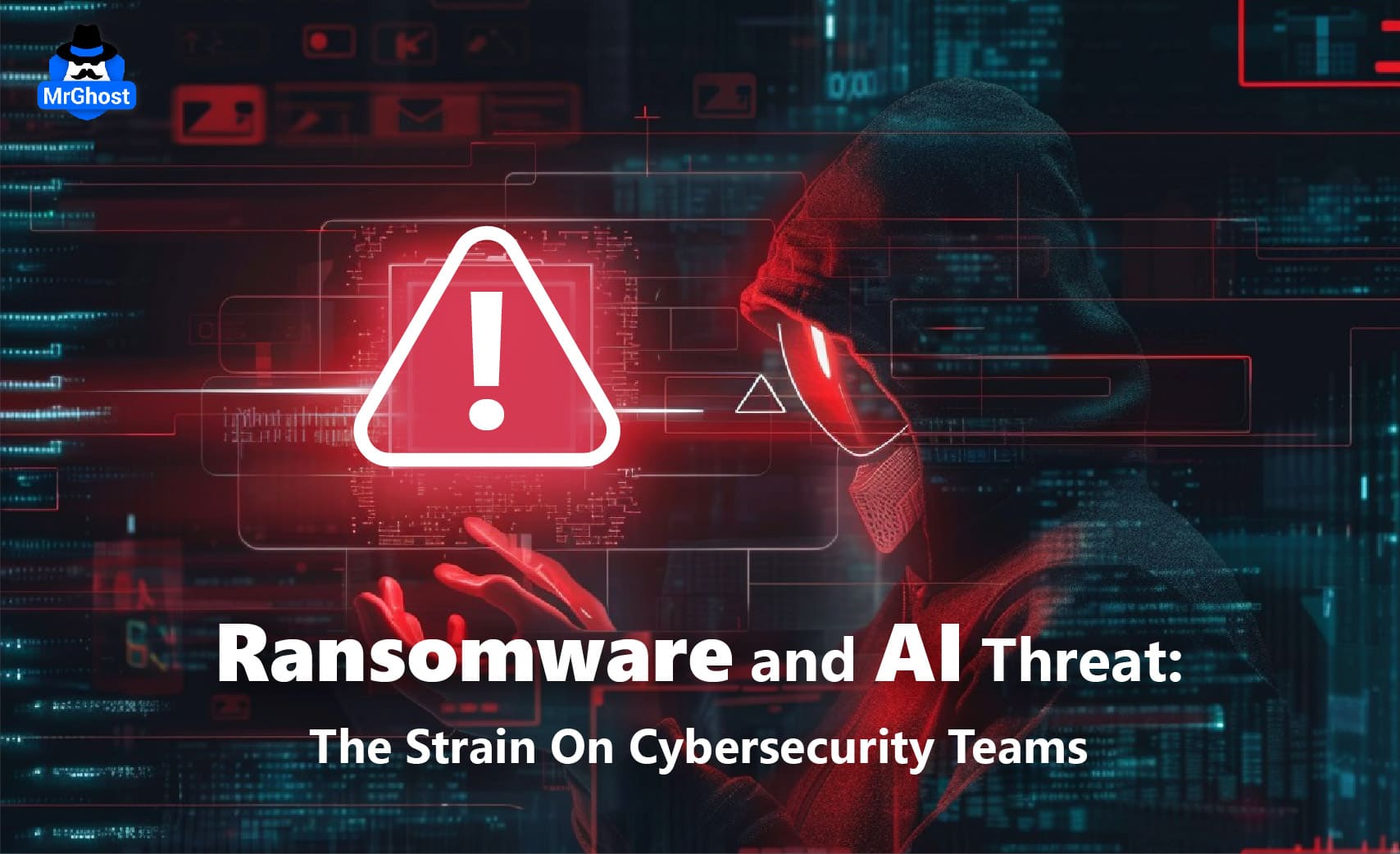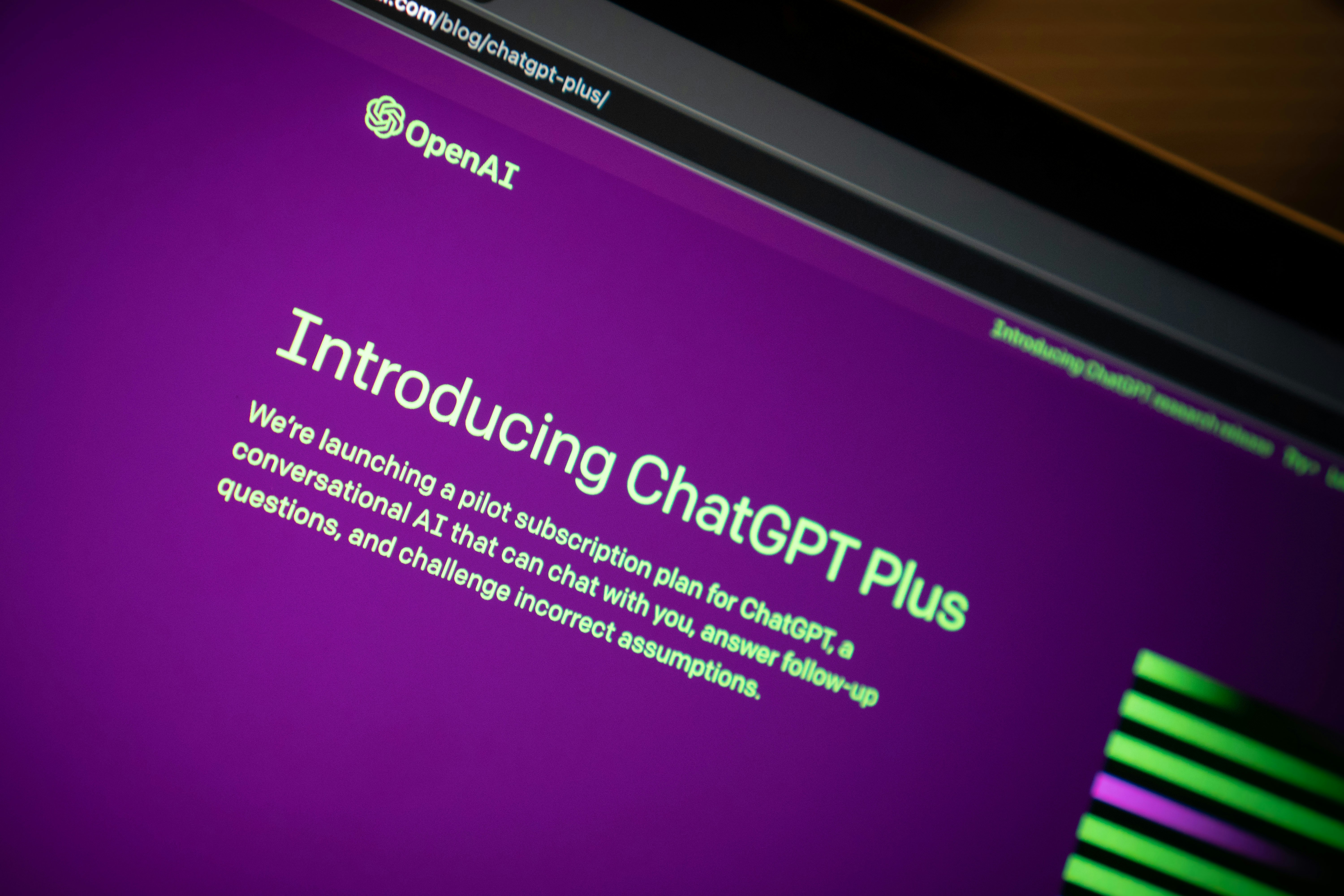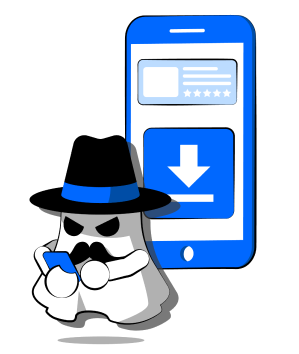
A recent report reveals that over half of cybersecurity teams believe they are underfunded, as cyberattacks become more frequent and sophisticated due to the rise of artificial intelligence (AI).
Research by the Information Systems Audit and Control Association (ISACA) surveyed nearly 6,000 organizations globally, with 39% reporting an increase in cyberattacks and 15% experiencing more privacy breaches compared to the previous year. European cybersecurity teams are particularly strained, with over 60% reporting understaffing and 52% indicating insufficient budgets. The most common threat is ransomware, where attackers lock users’ data and demand payment for its release.
Chris Dimitriadis, Chief Global Strategy Officer at ISACA, noted that AI, especially Generative AI (GenAI), is making these attacks more difficult to detect. GenAI can craft highly realistic phishing messages by analyzing victim profiles, making malicious content nearly indistinguishable from genuine communication.

Photo by Jonathan Kemper on Unsplash
A separate investigation by Norwegian AI start-up Strise found that ChatGPT, though designed to block illegal activity, could inadvertently offer advice on committing financial crimes when prompted creatively. Strise CEO Marit Rødevand noted that by asking for a film script about a criminal character, users could extract detailed guidance on money laundering, comparing the experience to having a personal corrupt financial advisor.
What Is Ransomware Attack?
A ransomware attack is a type of cyberattack where hackers infiltrate a victim's system, encrypt their files or data, and demand a ransom for the decryption key. Victims are often locked out of their own systems, rendering their data inaccessible unless the ransom is paid, typically in cryptocurrency to maintain anonymity.
Ransomware attacks can target individuals, businesses, or government institutions, causing widespread disruptions. In businesses, this can result in downtime, lost revenue, and damaged reputations. Even after paying the ransom, there is no guarantee that the attackers will restore access to the data.
Ransomware has evolved to become more sophisticated, especially with the use of AI to craft more convincing phishing emails or exploit security vulnerabilities.
One of the most common delivery methods for ransomware is through phishing attacks, where users are tricked into clicking malicious links or opening infected attachments. Once the malware is activated, it spreads throughout the system, locking files and demanding payment.
How To Protect Yourself From Ransomware Attack?
There are many ways to protect yourself from ransomware attacks, such as taking proactive cybersecurity steps and cultivating awareness around online threats. As ransomware continues to become more sophisticated and poses serious risks to both individuals and businesses, it’s important to adopt a well-rounded approach to security. Regularly backing up your data and using reliable antivirus software are just a couple of the effective strategies that can help shield you from these attacks.
Use VPN To Protect Yourself From Ransomware Attack
In addition to that, using a Virtual Private Network (VPN) like MrGhost VPN is one of the best ways to keep your online activities secure. A VPN shields you by encrypting your internet traffic, hiding your IP address, and protecting your data from hackers, especially as attacks become more sophisticated.
Here’s how VPNs can help:
1. Encryption of Data: VPNs encrypt your online traffic, making it difficult for hackers to intercept your data or monitor your online activities. Even if they manage to access your connection, the encrypted data is nearly impossible for them to read or use.
2. IP Address Masking: By hiding your real IP address, a VPN makes it harder for hackers to locate your device or network, reducing the chances of them finding vulnerabilities that can be exploited in a ransomware attack.
3. Safer Browsing: VPNs block access to known malicious websites and phishing attempts, reducing the chances of accidentally downloading ransomware. This helps ensure that your connection remains secure and you avoid dangerous sites.
4. Secure Public Wi-Fi: Public Wi-Fi networks are a common target for cybercriminals, and connecting to them without protection can leave you exposed to ransomware attacks. A VPN ensures that even on these unsecured networks, your connection remains protected and your data safe from interception.
5. Strengthening Overall Security: While a VPN alone won’t prevent all ransomware threats, it’s an important piece of a broader cybersecurity strategy. Using a VPN alongside antivirus software, firewalls, and regular backups adds multiple layers of protection, making it much harder for ransomware to penetrate your defenses.
By combining a VPN with other security measures, you can protect yourself from ransomware and keep your data safe from cybercriminals looking to exploit vulnerabilities.
Experience MrGhost VPN Today!
Ready to take control of your online experience? Sign up for MrGhost VPN today and unlock a world of possibilities. With our commitment to user satisfaction and cutting-edge technology, you can browse, stream, and download with confidence.
Why You Should Use MrGhost VPN
MrGhost VPN stands out as the ideal choice for individuals seeking top-notch privacy, security, and performance. Here's why:
● Blazing Fast Speeds: Enjoy uninterrupted streaming, gaming, and downloads without lag.
● Ironclad Security: Advanced encryption and a strict no-logs policy protect your data.
● Global Server Network: Access content from around the world with our extensive server network.
● User-Friendly App: Easy setup and intuitive interface for hassle-free experience.
● Affordable Plans: Choose from flexible pricing options to suit your needs.
Don't compromise your online freedom. Choose MrGhost VPN and enjoy the ultimate peace of mind. Get it today!













